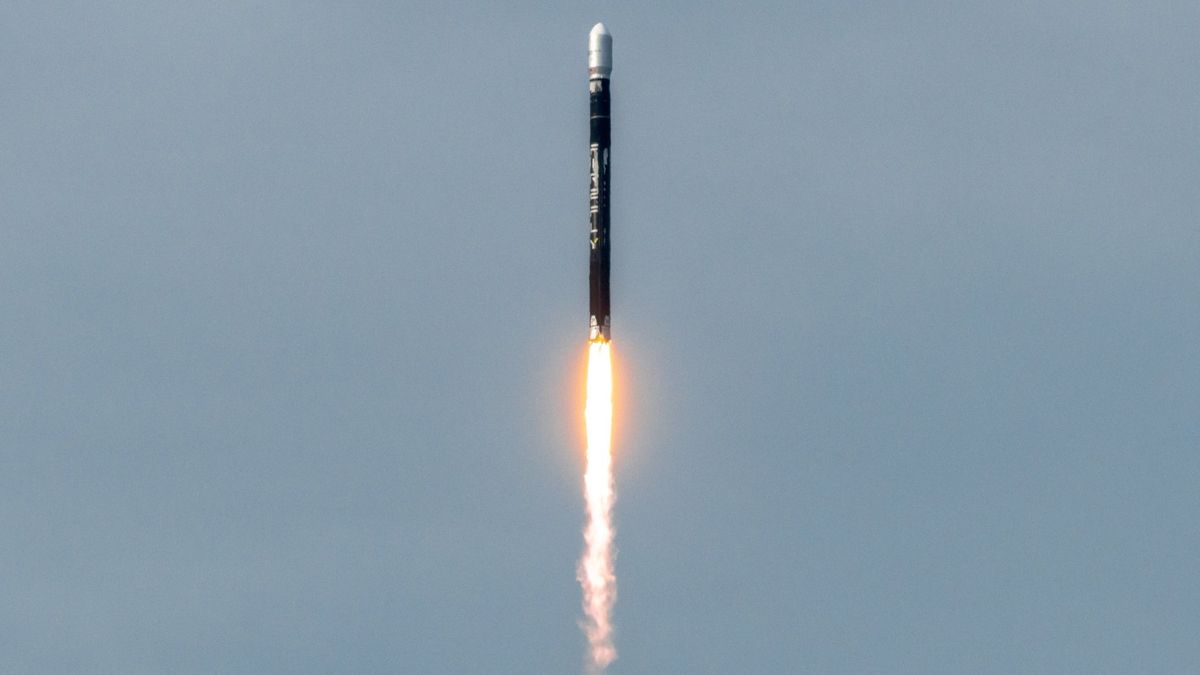
Firefly Aerospace is set to launch its Alpha rocket on the fifth mission, named 'Noise of Summer,' from Vandenberg Space Force Base in California no earlier than July 2, 2023. The mission aims to send eight cubesats to a Sun Synchronous Orbit (SSO) and validate the systems of Alpha after previous failures. Firefly CEO Bill Weber stated that the team has rapidly matured their Alpha rocket and responsive launch operations to deliver a dependable one-metric-ton rocket. The payload fairing will be integrated only hours before launch, unlike normal operations.
The cubesats were selected through NASA's Cubesat Launch Initiative and developed by teams at various universities, including the University of Arizona, University of Kansas, University of Maine, and University of Washington. Firefly aims to demonstrate its ability to respond quickly to a launch directive with 'Noise of Summer.'
Firefly holds the record for the fastest turnaround for any national security mission with its 'Victus Nox' launch in September 2023. Alpha debuted in September 2021 but failed shortly after liftoff. Its second mission was a partial success, delivering seven satellites but deploying them too low. The third mission, 'Victus Nox,' was successful.
The cubesats include the 'R5-S4' and 'R5-S2-2.0' CubeSats from the University of Michigan, which use an April Tags system and carry advanced communications technology, radiation sensors, experimental solar panels, and a BrainStack-3 machine learning system. The 'Serenity 3' satellite from the University of Arizona uses an inflatable antenna for high altitude calibration and carries ham radio equipment. The 'CatSat' satellite from UArizona uses an inflatable antenna from FreeFall Aerospace and was built entirely by students.
Firefly is targeting a 9:33 p.m. liftoff on Monday, July 2, from SLC-2 at Vandenberg Space Force Base in California. The livestream of the launch will begin about 30 minutes before liftoff.








